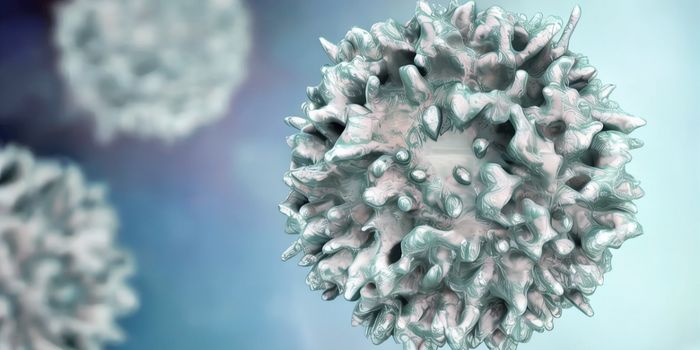Pre-Clinical Study Suggests the Ability to Convert Cancer Cells into Healthy Muscle Cells
About half of the pediatric soft tissue sarcoma diagnosed annually are classified as rhabdomyosarcoma (RMS). These tumors can develop from muscle tissue anywhere in the body, but most commonly, RMS grow in the head/neck region, genitourinary tract, or the extremities.
As a highly aggressive malignancy, RMS diagnoses pose significant clinical challenges due, in part, to the fact that the tumors can arise in different areas of the body, making it difficult to employ consistent treatment approaches for all patients. Treatment options, including surgical resection, radiation, and chemotherapy, vary between cases.
The treatment difficulties and the quick progression of RMS prompt the immediate need for new approaches to treat children with this type of cancer. A pre-clinical study recently published in Proceedings of the National Academy of Science reveals a provocative possibility for RBS treatment by demonstrating the ability to turn cancer cells into healthy muscle tissue in a laboratory setting.
RMS cells produce a protein called PAX3-FOXO1, which drives cancer growth and development and inhibits a process called myogenic differentiation, during which muscle tissue forms. Through a high-throughput genetic screening, the researchers identified genes associated with differentiating RMS cells into healthy muscle tissue.
The researchers targeted NF-Y using a technology called “clustered regularly interspaced short palindromic repeats” (CRISPR), which can functionally eliminate (often referred to as “knock out”) specific genes. CRISPR methods allow investigators to understand the function of a particular gene or protein by observing what will happen when deactivating the gene.
The findings highlighted the gene Nuclear Factor Y (NF-Y), which codes for a protein consisting of three subunits. The study revealed that interference with any of the three subunits in NF-Y promotes the conversion to muscle tissue.
Thus, the authors suggest that developing drug and treatment strategies that target NF-Y could prove effective for RMS by retaining the ability to differentiate into muscle tissue.
While a lot of basic and translational research remains needed to validate NF-Y as an efficacious target for RMS treatment, this type of approach is used in treating other malignancies. Differentiation therapies, which aim to promote the conversion (or differentiation) of cancerous cells into healthy cells, have shown promise for treating some types of leukemia.
Sources: Nat Rev Disease Prim, PNAS, Nat Rec Cancer, Crit Rev Oncol/Hematol









